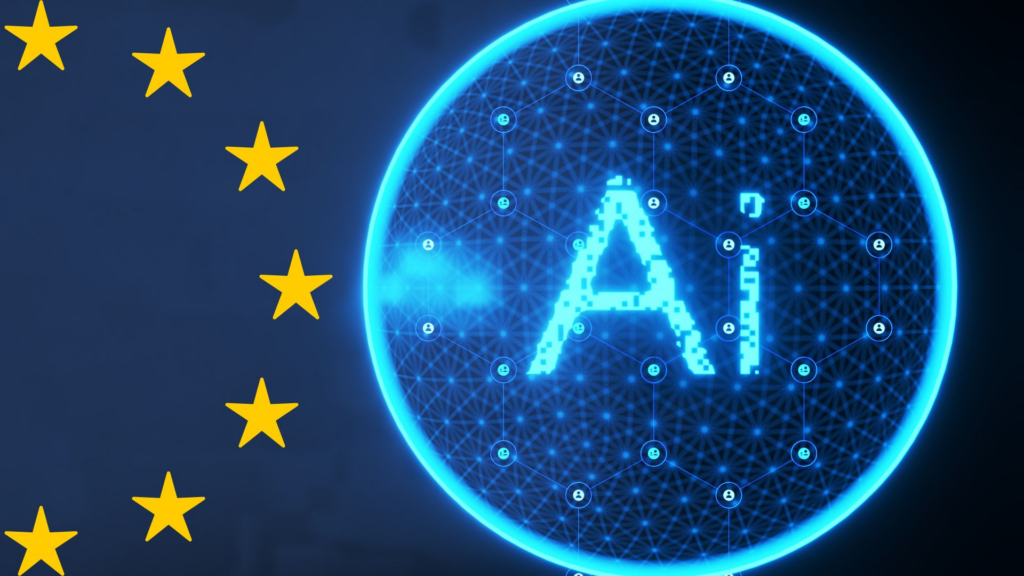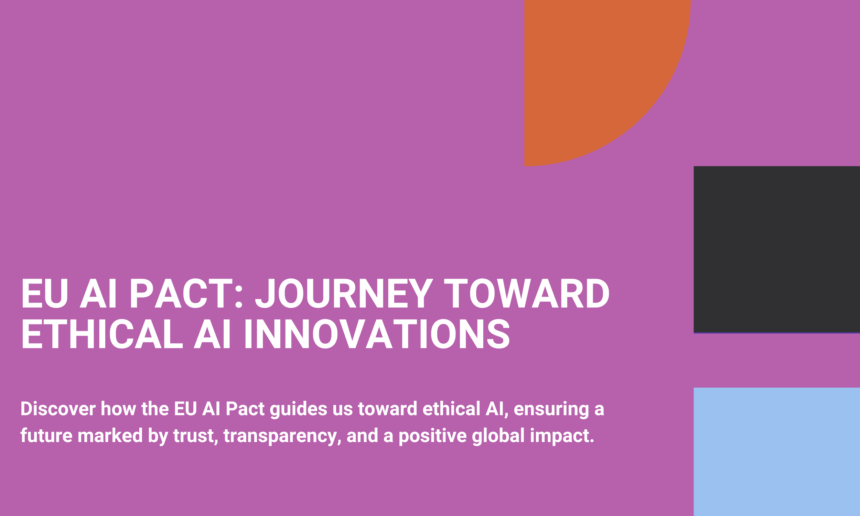Amazon, Microsoft, and OpenAI are among the first major companies to sign the European Union’s new AI Pact, signaling their commitment to responsible AI development. This voluntary agreement serves as a precursor to the EU’s AI Act, the world’s first legal framework designed to regulate artificial intelligence based on the level of risk posed by different AI models. While some key players, such as Google and Meta, have yet to join, the number of signatories is expected to grow as the AI Act approaches full implementation.
What’s Happening & Why This Matters
The AI Pact and Its Objectives

The European Commission launched the AI Pact as a voluntary initiative to help businesses prepare for the upcoming AI Act, which officially went into effect in August. The AI Act aims to establish rules for the development and deployment of AI technologies, with specific provisions set to regulate high-risk AI systems. The Pact allows businesses to collaborate, share ideas, and work toward AI literacy, while also addressing challenges like human oversight and transparency.
As of now, around 100 companies, including Amazon, Microsoft, and OpenAI, have signed the Pact. The Commission has reported that over 700 businesses have expressed interest in joining, showing widespread industry support. The Pact serves as a platform for companies to get ahead of the legislative curve by identifying AI systems that may be classified as high-risk under the new rules.
Industry Commitments and AI Regulation
The companies that have signed up are making key voluntary commitments to promote AI’s safe and ethical development. This includes human oversight of AI systems, mitigating risks, and clearly labeling AI-generated content such as deepfakes. For example, OpenAI’s Head of Policy and Partnerships for Europe and the Middle East, Sandro Gianella, emphasized the importance of aligning the company’s mission with the Pact’s goals. He stated that OpenAI is “proud to support the Pact’s core priorities, which align with our mission to provide safe, cutting-edge technologies that benefit everyone.”
The AI Act will introduce general rules on AI development, with specific obligations for high-risk AI systems becoming enforceable in three years. These rules aim to build trust in AI technologies and ensure that AI’s impact on society is carefully managed.
Who’s Yet to Sign?
Despite the large number of companies that have already joined the AI Pact, notable industry giants such as Google and Meta have not yet signed on. The European Commission expects this list to grow as the AI Act’s deadlines approach, and more companies see the benefit of aligning with Europe’s regulatory vision for AI. The absence of some major tech players highlights the complexities involved in navigating the global AI landscape, where different regions are adopting varied approaches to regulation.

TF Summary: What’s Next?
The signing of the AI Pact by leading companies is an important moment for AI future within the EU’s regulatory framework. As more businesses sign on, the Pact will help foster collaboration, enhance AI literacy, and ensure that AI technologies are developed responsibly. In the coming years, the implementation of the AI Act will require ongoing adjustments from companies to comply with new rules, especially for high-risk AI systems.
— Text-to-Speech (TTS) provided by gspeech


